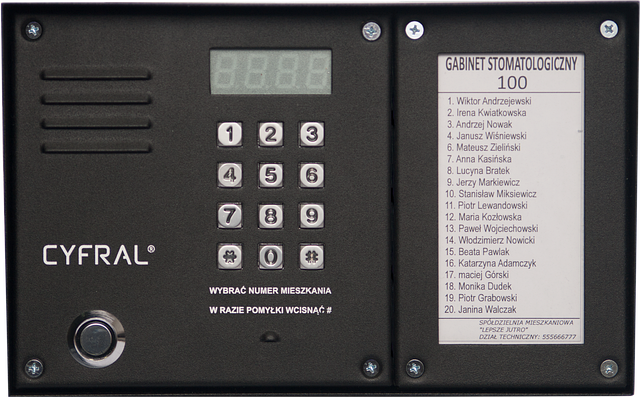In the competitive real estate market, building trust through open communication is key to success. Transparent sharing of market insights and consistent messaging create safe spaces for client feedback, enhancing relationships and satisfaction. Active listening and engagement demonstrate respect, encouraging honest feedback and innovative problem-solving tailored to individual needs.
In today’s competitive real estate market, fostering strong client relationships is key to success. Encouraging open communication and feedback is a powerful strategy to build trust and ensure client satisfaction. This article explores three essential components: fostering trust through transparent communication, creating safe spaces for honest feedback exchange, and actively listening and responding to client voices. By implementing these practices, real estate professionals can enhance their relationships and drive business growth.
Foster Trust Through Transparent Communication

In the real estate industry, fostering trust is paramount for building strong client relationships. Transparent communication serves as the cornerstone of this trust. Agents should openly share market insights, transaction updates, and any relevant information that could impact their clients’ decisions. By being clear and consistent in their messaging, agents demonstrate integrity and professionalism, encouraging clients to view them as trusted advisors rather than mere transaction facilitators.
This transparency extends beyond simple information sharing. It encompasses creating a safe space for clients to voice their concerns, questions, and feedback. Actively listening to and addressing client input signals respect and empathy, further strengthening the bond between agent and client. In essence, open communication builds mutual understanding and trust, laying the groundwork for successful collaborations in the dynamic real estate market.
Create Safe Spaces for Feedback Exchange

In the dynamic world of real estate, fostering an environment of open communication and feedback is key to success. Creating safe spaces for feedback exchange allows agents and clients to build trust and enhance their professional relationship. These spaces encourage honest dialogue, ensuring that both parties feel comfortable sharing their thoughts, concerns, and suggestions.
By implementing practices that promote a culture of transparency, real estate professionals can significantly improve client satisfaction and retention. Whether through regular check-ins, anonymous feedback mechanisms, or collaborative workshops, these safe spaces enable the exchange of diverse perspectives, leading to better decision-making and innovative solutions tailored to clients’ needs.
Actively Listen and Respond to Client Voices

In the dynamic world of real estate, understanding client needs is paramount for success. Actively listening and responding to client voices can significantly enhance your interactions and build strong relationships. When clients express their opinions or concerns, make it a priority to give them your undivided attention. This involves not just hearing their words but comprehending their emotions and perspectives.
By actively listening, you demonstrate respect and create an open environment for honest feedback. Responding thoughtfully shows clients that their voices are valued and can influence decisions. In real estate, where trust and communication are key, this level of engagement fosters loyalty and encourages collaborative problem-solving, ultimately leading to better outcomes for both parties.






